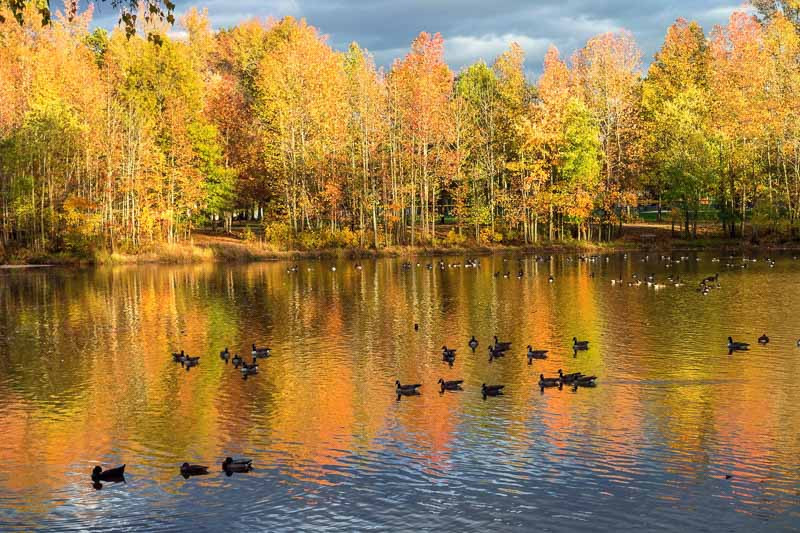New Jersey Native Plants: Expert Tips for Gardening Success
Gardening with New Jersey’s native plants offers numerous advantages, from improving the environment to requiring minimal upkeep. Here are some expert tips to help you succeed:
- Get to Know Your Site: Evaluate your garden’s sunlight, soil, and moisture conditions. Understanding these elements allows you to choose suitable plants that naturally thrive in your conditions.
- Embrace Diversity: Diverse plantings of trees, shrubs, grasses, and perennials create a habitat for wildlife and add year-round interest.
- Go for Trees: Trees such as the Tulip Tree (Liriodendron tulipifera) and the Eastern Red Cedar (Juniperus virginiana) provide benefits for the environment while offering aesthetic appeal.
- Consider Shrubs: Shrubs like the Arrowwood Viburnum (Viburnum dentatum) and the American Holly (Ilex opaca) offer a great habitat for wildlife and can add visual interest to your garden.
- Include Perennials: New Jersey’s native perennials, such as Black-Eyed Susan (Rudbeckia hirta) and Cardinal Flower (Lobelia cardinalis), attract pollinators and add color to your garden.
- Utilize Native Grasses: Grasses like the Purple Lovegrass (Eragrostis spectabilis) and Switchgrass (Panicum virgatum) are low-maintenance, excellent for erosion control, and provide winter interest.
- Be Patient: While establishing a native plant garden can take time, the results are worth it – a self-sustaining, low-maintenance garden that supports local biodiversity.
- Leverage Local Resources: Local nurseries, native plant societies, and cooperative extension services can provide personalized advice and resources.
Remember, by choosing native plants, you’re fostering a healthy and sustainable environment that benefits local wildlife. Happy gardening!

